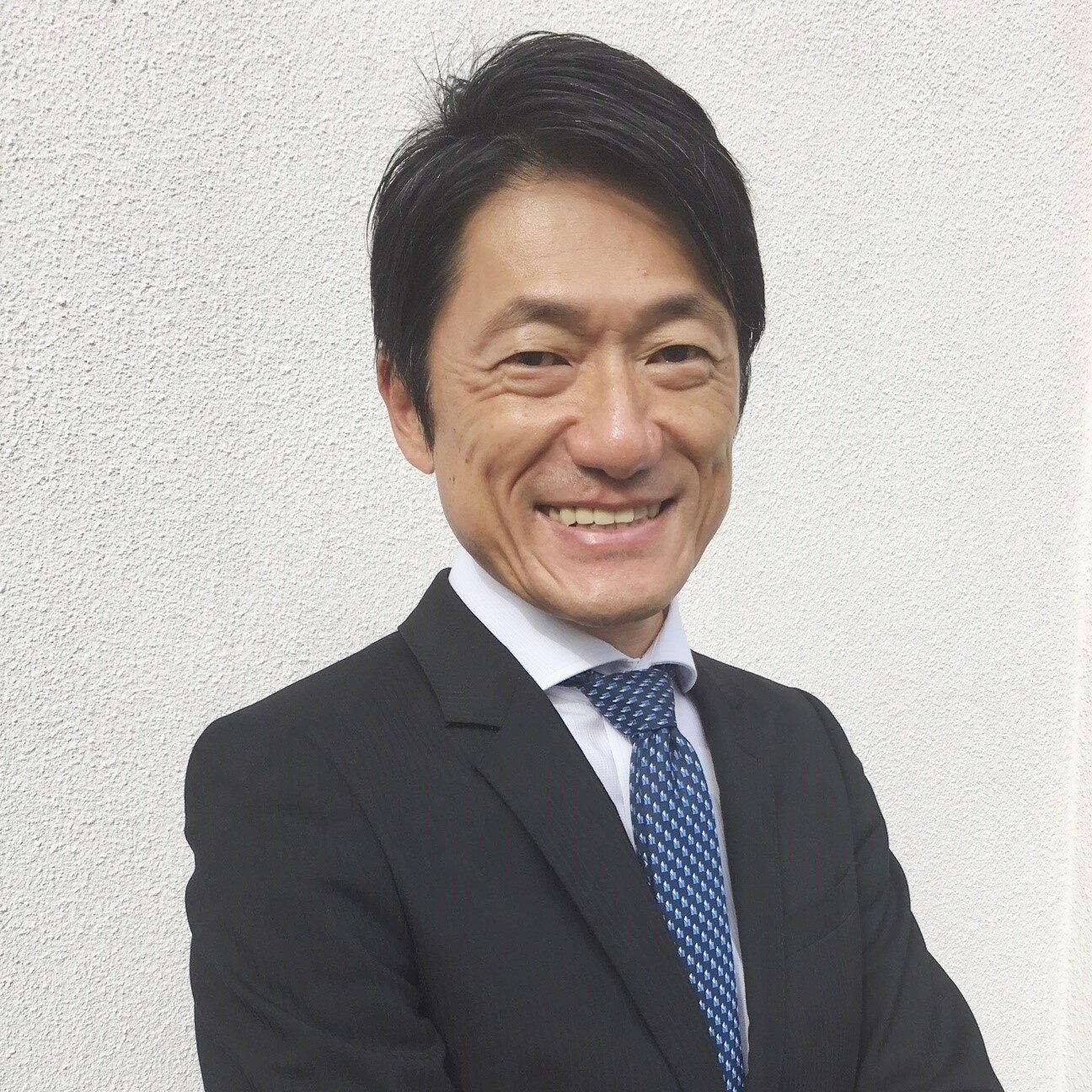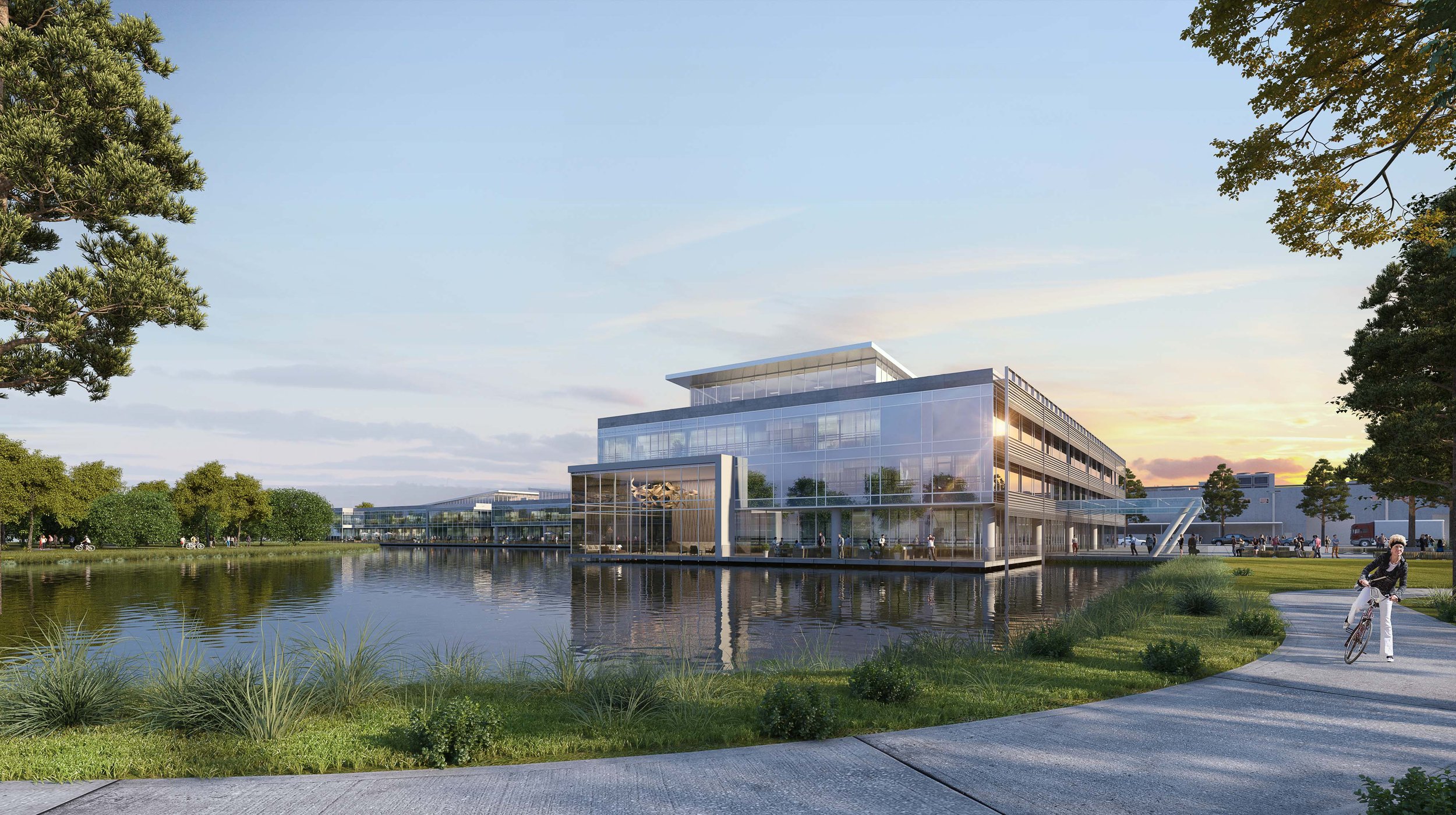Japan Consul General in Houston Discusses Trade and Investment in the Region
Published Jan 25, 2021 by Javier Vargas
Houston is widely regarded as a great global city, with one of the most diverse populations anywhere in the United States. As the top exporting metro in the U.S., our economy is also deeply tied to global trade and foreign investment.
The region has trading relationships with more than 200 countries, which collectively logged $237 billion in trade in 2019. Japan ranks as Houston’s 9th largest international trade partner with trade between the two regions valued at $9.2 billion in 2019.
Japanese companies have invested significantly in the Houston region in recent years. Several notable corporations now have a large presence in Houston including Daikin North America, Kawasaki Heavy Industries, Kuraray, Mitsubishi and Toshiba.
Over the years, the Partnership has worked closely with the Japan Business Association, Japan-America Society, and the Consulate General of Japan to welcome numerous Japanese delegations to Houston, support business recruitment activities and lead notable international trade missions.
In December, the Partnership and Mayor Turner hosted a virtual multi-day investment and trade mission focused on reinforcing key relationships and establishing new avenues for cooperation and investment with government stakeholders and business leaders in Japan.
The Honorable Hideo Fukushima, Consul-General of Japan in Houston, has been instrumental in creating an environment supportive of the full range of ties between Houston and Japan. Following the recent investment and trade mission, the Partnership met with Consul-General Fukushima to discuss the special relationship that exists between Houston and Japan.
Can you provide some insight on why it has been important for Japan to have a consulate presence in Houston?
Japan first established a consular office in Houston almost 80 years ago in 1941 as a branch of the former Japanese Consulate-General in New Orleans. The history of the Japanese community in Texas is even older than that. Japanese immigrants first settled in the state around the year 1900, becoming Texas’s earliest rice farmers. The community has been steadily growing ever since then, but the prosperous post-war years of the 1960s are when relations really started to boom, with growing bilateral trade and Japanese companies, mainly in energy and manufacturing, establishing operations in the region. At that point, it became clear there was a need to further provide for the welfare and safety of the growing Japanese community while promoting even stronger business relations. So, the Houston consular branch office was upgraded to a full Consulate-General in 1965, and the Japan Business Association of Houston was established soon after in 1967.
The decades since the 1960s have seen the relationship grow even stronger, with Japanese people and businesses becoming integrated into more aspects of life in Texas. Japan now has 18 diplomatic mission across the United States. But, the presence of our office here in Houston holds special importance since the region it covers is among the fastest growing in the country, with so much potential for current and future exchange.
How have the ties between Japan and Houston brought new business opportunities to your country?
Just like the rest of Texas, the bond between Japan and Houston has grown steadily over the decades. But, the pace of that growth has been especially strong over the last five years or so. In business, this is mainly due to Houston’s robustly growing economy, which been a beacon of innovation attracting more and more Japanese companies. Over the last decade, Japanese businesses have more than doubled the number of jobs they have created in Texas. Houston is a real bright spot in that regard, with the number of member companies of the Japan Business Association of Houston increasing by 40% during the 2010s.
As more business opportunities become available in Houston, Japanese companies are increasingly seizing them. A typical case-in-point is the Houston energy sector. Texas is the driving force behind US energy production, which is playing a bigger and bigger role on the global stage. Japanese companies have benefitted tremendously from building relationships with Texas energy companies and investing in energy export projects. For example, the massive Freeport LNG joint-project is key to a bright new chapter in Japan’s energy diversification strategy. But, energy is far from the only sector to be investing in the area. Daikin opened their large Technology Park and Mitsubishi Heavy Industries has moved their American headquarters to the region. So, Japan is clearly positioned to benefit from further business exchange with companies in Houston, which show enormous potential for growth.
How have the business ties between United States and Japan evolved in recent decades?
The economic relationship between Japan and the US has changed significantly over the last 30 years or so. When I joined the Japanese Foreign Service in the mid-1980s the most pressing issue in the bilateral relationship was the large trade deficit the US had with Japan - driven mostly by automobile imports. At that point in time, Japanese imports accounted for nearly half of the total US trade deficit with all nations. But now, Japanese imports only account for about 8% of the total US trade deficit, whereas Japan has risen to become the top foreign nation investing in the United States as of last year. The economic partnership between Japan and the US has transformed at the fundamental level, with both sides taking a win-win approach on working together. Typically, Japanese companies act by making their products at the local level, creating jobs for local people and producing essential goods and services for businesses and consumers in the region. About 6%, or $95 billion worth of US exports are now produced by Japanese manufacturers in the United States.
A key indicator for how strong Japan-Houston business relations have grown was the recent virtual seminar “Doing Business with Houston” hosted by the Greater Houston Partnership and JETRO. That event was a huge success that brought together over 500 Japanese companies interested in possibly doing business in the region. In the course of the seminar, Mayor Turner provided a strong invitation for Japanese businesses to consider the area’s economic potential - and I am certain that many of them will.
What has surprised you most about Houston during your time here?
Coming from Japan I of course am impressed by the size of everything in Texas and in Houston. For one thing there is the food - the size of a Texas barbecue plate or Texas steak is so huge compared to Japan. But it’s not just the food - I am always amazed at the massive scale businesses like the Buc-ee’s gas stations in the region. I guess the saying is true - “everything is bigger in Texas!”
What do you think would surprise Houstonians who visit Japan?
Many Houstonians have told me how surprised and delighted they were by the technological conveniences they encountered on trips to Japan. One that is especially surprising to many of them is the technology found in most Japanese bathrooms. It is pretty common in Japan for toilets to have built in “washlets” or automatic bidets. Other features, like heated toilet seats and touchless lids that automatically raise and lower are also fairly widespread.
How do you see the ties between Houston and Japan changing in the next 10 years? What factors might impact the relationship?
Over the medium and long term I absolutely expect the trend of increasing economic cooperation and closer integration between Japanese and Houstonian companies to continue. But, in the short term the impact of COVID-19 cannot be ignored, and by all accounts it will continue to cause disruptions for several more months. We all face the same daunting challenges in the wake of the pandemic, and therefore must seek new socio-economic solutions that emphasize resilience and sustainability for the current situation and others like it that may arise in the future. In that regard, Japan and Houston both have uniquely skilled workforces and the technological know-how to break new ground on these issues and pave the way for long-lasting fruitful business partnerships.
Case in point are the industries that will play a major role as digital technologies like artificial intelligence and the internet of things transform society. Another key sector will doubtlessly be in medical technology, where Japan as the society with the most aged population, can share its knowledge and technological expertise on caring for the elderly with the world-class medical research institutes in Houston. Another promising area for cooperation is investment in clean energy, including hydrogen and renewables. Those sectors are just a few of the many potential areas for future-looking collaboration between Japan and Houston.
For more information about the Houston Region's international ties, click here.
 The Houston Report
The Houston Report





















